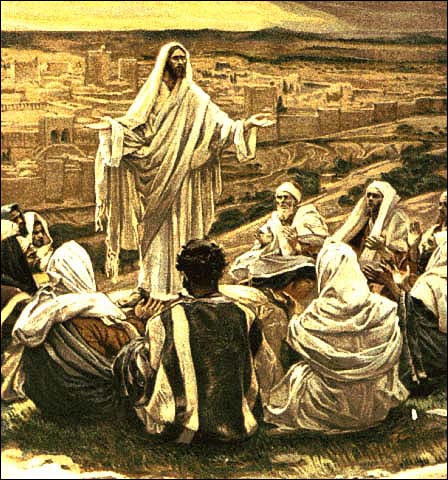Bob Rakestraw
Here are my thoughts on three of the books I completed reading from January through June, 2010. (Note: Please pray for my health. My heart transplant rejection leaves me with little strength for daily life and service. Thank you for caring.)
Walter Wangerin, Jr., Letters from the Land of Cancer. Grand Rapids, MI : Zondervan, 2010, 199pp., hardcover.
On December 26, 2005, the author felt a lump in his neck. It was diagnosed as lung cancer. Out of that crisis Wangerin began writing a series of letters to his family and friends about his unfolding experiences and his physical, psychological/spiritual responses to what was going on in his body, and to the medical treatments he was receiving. Here are those letters—22 of them—written in 2006 and 2007. Because of his fascinating writing style, but even more because of his frankness and specificity about his responses to his terminal illness, this will rightly be considered a classic in the autobiographical literature of suffering. It is valuable reading for everyone who suffers from a terminal illness and for those who live, pray for and seek to help such ones. Despite his acknowledged grumpiness and hurtfulness to others, Wangerin’s trust in Christ underlies the account, and leaves the reader with hope. (Note: a link to Walter Wangerin’s blog may be found on my blog’s introductory page.)
Lucien Stryk, Editor, The Gift of Great Poetry. Washington, D.C.: Regnery Gateway, 1992, 273 pp., hardcover.
It is hard to imagine a more delightful collection of poems in the English language, from the sixteenth to the early twentieth centuries. Stryk, a distinguished poet with over twenty books of poetry published since the 1950’s, has selected and introduced 130 poems by 130 poets, arranged in chronological order by the authors’ birthdates. You will find many well-known poems here, but also many lesser known. The editor, even when working with the likes of John Milton, John Greenleaf Whittier and Elizabeth Barrett Browning, selected only one poem from each author. Each poet, however illustrious, is represented only once. Stryk says that he did this “so as to represent all periods equally.” He adds: “I felt it to be my task to rescue from obscurity works generally ignored.” While this is not a book of “Christian poetry,” there are numerous pieces that will delight and animate the mind of anyone who loves God, language, and life.
E. Stanley Jones. Christ and Human Suffering. New York: Abingdon–Cokesbury, 1933, 235 pp., hardcover.
The course of my life in recent years, especially my health struggles, has moved me steadily toward the literature of suffering. I am especially drawn to materials written by those who have suffered and/or have spent much time among those who suffer. Jones (1884-1973), one of the best-known missionary evangelists in the world in the early and middle decades of the twentieth century, was a Methodist missionary to India. He first worked with lower-caste Indians, but gradually felt drawn to work with the educated higher castes, as well as student groups. In this valuable study the author presents the Christian way of victory in light of the terrible sufferings in the world. With numerous examples from his long ministry, and with careful consideration of several leading world religions (Hinduism, Buddhism, and Islam especially), Jones presents the inherent fallacies within the other religions and the true worth and remarkable triumph over suffering through Jesus Christ. A very wise book from a wise and faithful missionary-writer. The initial in his name stands for Eli (in Hebrew, “my God”).
Sunday, August 29, 2010
Subscribe to:
Posts (Atom)


